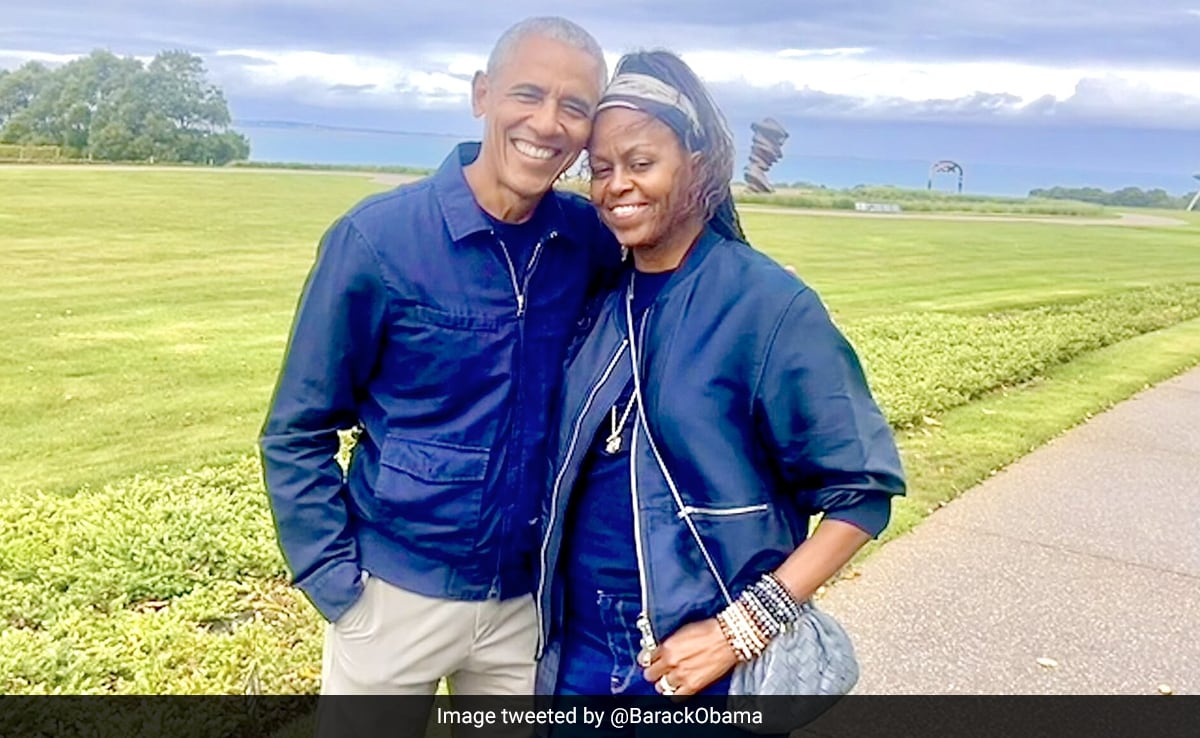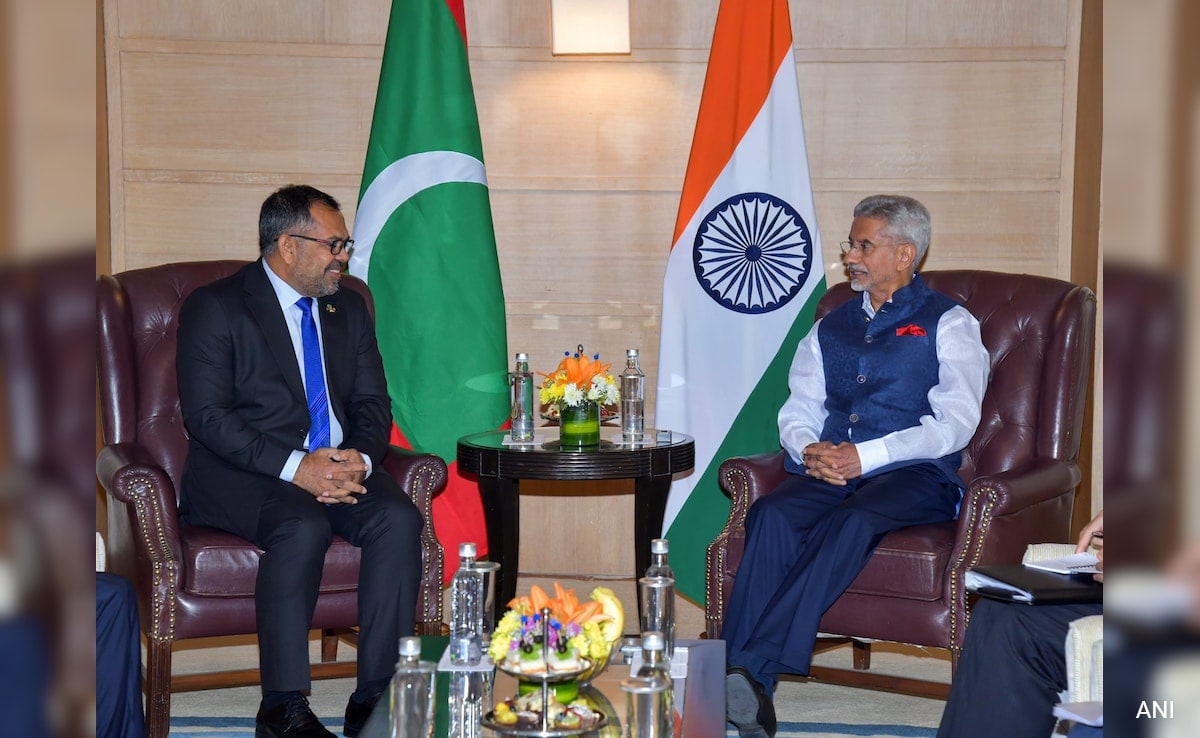The European Commission released this month its new tariff rates for battery-operated electric vehicles imported from China, which is being perceived as the start of a potential trade war between the European Union (EU) and China.
“The Commission has provisionally concluded that the battery electric vehicles (BEV) value chain in China benefits from unfair subsidisation, which is causing a threat of economic injury to EU BEV producers,” noted the European Commission in its statement on June 12.
ALSO READ |China targets Europe’s farmers, and not its automakers, in response to EU tariffs on electric cars
According to a study by the Rhodium Group, EU imports of EVs from China jumped from $1.6 billion in 2020 to $11.5 billion in 2023, accounting for 37% of all EV imports in the bloc. The Commission began its anti-subsidy investigation on imports of Chinese BEVs in October 2023. These new tariffs will go into force from November 2, 2024.
The extra duties range across brands. BYD, China’s largest EV maker and exporter, will incur a 17.4% tariff. Geely, the parent company of Volvo, will have to pay a 20% tariff, and the Chinese state-owned Shanghai Automotive Industry Corporation (SAIC) will have to pay the highest tariff, 38.1%. After further discussions, other EV makers, such as Tesla, will have a separate rate. Even German and other European carmakers who make BEVs in China will be subject to the new tariffs.
Different rates
The different tariff rates also depend on which companies cooperated with the EU in its investigations (such as BYD, which pays a lower tariff) and the ones that didn’t (such as SAIC, paying the higher rate). These new tariff rates are over and above the 10% duty already charged on vehicles imported from China.
Loyle Campbell, a research fellow at the German Council on Foreign Relations (DGAP), noted that China has had a problematic industrial policy for the last two decades where entire industries were aided by the local, regional, and national subsidies. He pointed out how China took over the solar industry.
“The European Commission conducted an anti-dumping investigation on the solar industry in the 2010s, which revealed that Chinese solar panels were entering EU markets well below the cost of production. As a result, solar technology from different countries, such as the U.S., Germany, and Japan, eventually moved to China. The current EU tariffs on EVs have to be seen in that context,” said Mr. Campbell, noting that Brussels is naturally concerned about Chinese EV makers’ rapid expansion and consolidation.
ALSO READ | The high cost of a global economic decoupling
The EU tariff announcements on China have not been received well in Germany, which, according to a trade data report, saw sales of a third of its exported cars in China in 2023.
The German Association of Automotive Industry (VDA) sees this as a further step away from globalisation and an increased risk of a global trade conflict.
VDA President Hildegard Müller said, “The German automotive industry is in favour of free and fair trade. As a matter of principle, any protectionist measure restricts free trade and harbours the risk of trade conflicts ultimately detrimental to all sides. The potential damage that could be caused by the measures now announced may be greater than the potential benefits for the European — and in particular the German — automotive industry.” Germany’s Transport Minister Volker Wissing tweeted on the day of the EU tariff announcement, “Tariffs of the Europen Commission affect German companies and their top products. Vehicles must become cheaper through more competition, open markets and significantly better location conditions in the EU, not through trade wars and market isolation.”
‘Not a punishment’
Mr. Wissing’s coalition partner, German vice-chancellor Robert Habeck differed on the matter. During his visit to China over last weekend, Mr. Habeck addressed the EU tariff debate and said that these measures were not a “punishment”. Mr. Habeck said the measures were meant to level the playing field with China.
German automakers BMW, Volkswagen, and Mercedes-Benz have also spoken against the tariffs. While all these companies have manufacturing plants in China and enjoy some subsidies as Chinese carmakers, they would face the same additional import tariffs.
Beijing has called for the scrapping the preliminary tariffs on its BEVs by July 4. The Chinese Commerce Ministry called these tariffs “a naked act of protectionism, creating and escalating trade friction and ‘destroying fair competition’.”
“The European side continues to escalate trade frictions and could trigger a ‘trade war’. The responsibility lies entirely with the European side,” said a statement from China’s Commerce Ministry spokesperson.
Many critics of the EU tariffs have also pointed to the crucial need to work with China on climate issues. The switching of European car buyers to electric vehicles is seen as an important step in stopping the manufacturing of combustion engine-based cars by 2035.
China has not announced any auto-related tariffs yet. A retaliatory stand by China could hit German automakers – especially the high-end internal combustion engine sporting cars imported into China.
However, its Commerce Ministry has opened an investigation into pork and pig-products-related imports from the EU. China has said it could impose provisional anti-dumping measures on pork imports, a move that could affect countries such as Spain, Denmark, and the Netherlands. Additionally, China had also announced an anti-dumping investigation into European liquor in January 2024, a move that’s expected to hit French cognac imports.
(Nimish Sawant is an independent journalist based in Berlin)














